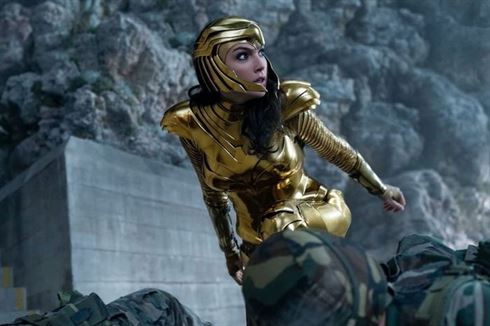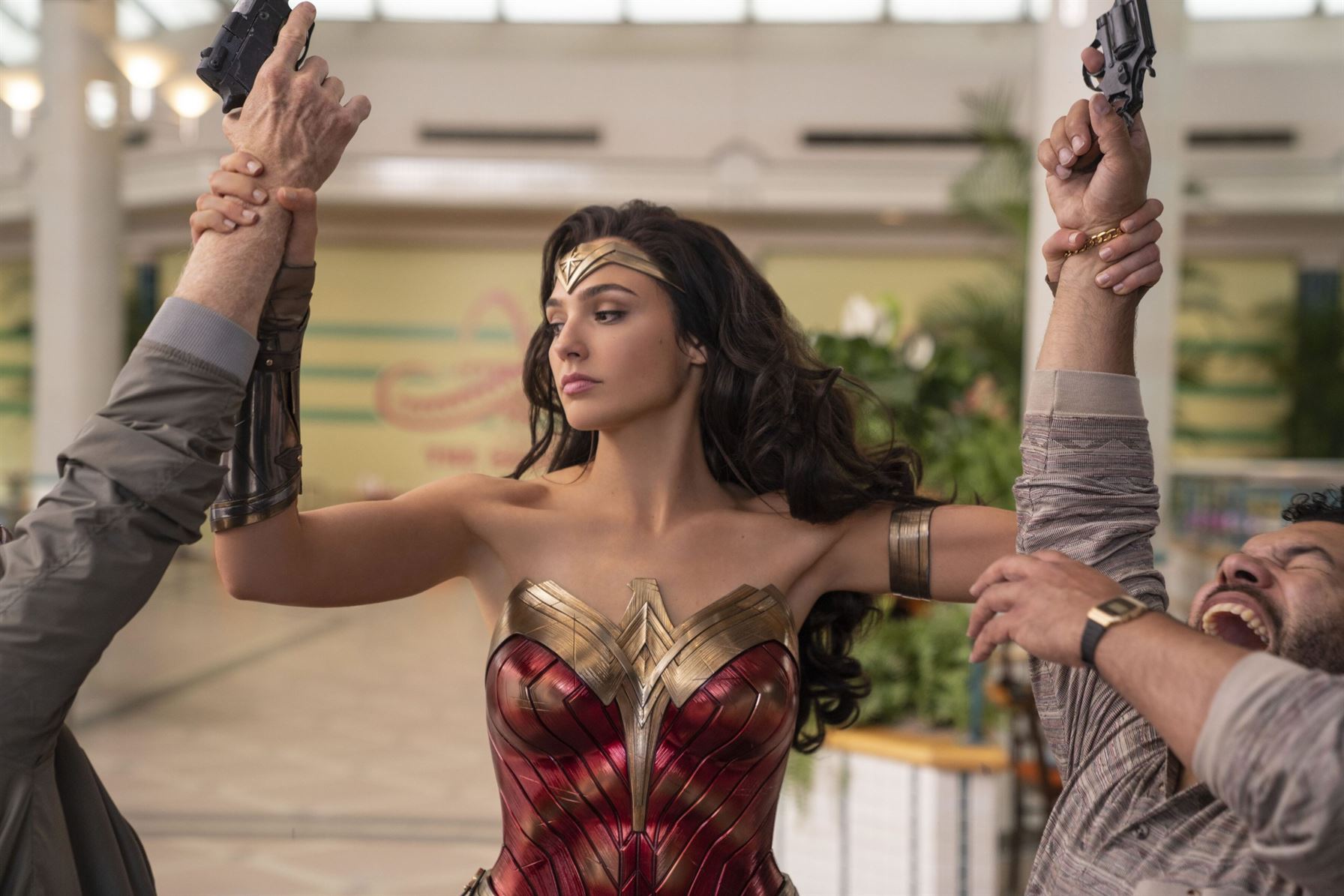Christmas Day 2020 marked the release of DC’s newest film “Wonder Woman 1984,” focused on the great heroine facing off against her iconic foes. With Gal Gadot reprising her role as Diana Prince, otherwise known as Wonder Woman, the media outlets spoke very highly about this film.
Unfortunately, “Wonder Woman 1984” has fallen below the expectations most fans were hoping for, leaving audiences with mixed feelings.
Throughout the film, Wonder Woman copes through her daily life as a citizen reminiscing on her past, while Maxwell Lord, portrayed by Pedro Pascal, plans to carry out his nefarious plot for world domination. As cliché as it may be, director Patty Jenkins managed to make it work.
The iconic foe Cheetah, played by Kristen Wiig, was given the opportunity to make her first official appearance on the big screen. Along with an intriguing character arc, Cheetah is interesting to watch in action and performs distinguished combat to rival Wonder Woman.
The fight choreography is spot on and unique to Wonder Woman’s persona; as opposed to merely blocking bullets or swinging her sword around as she did in the previous DC films.
“Wonder Woman 1984” includes more of a MacGuffin plot device than its predecessor, where the typical hero brings down the villain. This film presents more of a desire to bring actual change to things, giving an ironic emphasis on how the pen is mightier than the sword and even leaving Wonder Woman’s sword out of the movie entirely.
By the end, I found myself conflicted on how this film was executed overall. The writing lacked enthusiasm and mistakes were made that might be considered amateur-like for professional screenwriting, such as leaving out many expositions that needed context.
Without spoiling anything major, it felt as though DC took an episode of a potential television show and turned it into a movie. The overall premise did not feel like a movie and the production studio could have done better in terms of making the plot more meaningful.
Chris Pine, who played Steve Trevor, has seen better days in his acting career. For instance, his constant “shocked” face is underwhelming, which is surprising given his longstanding experience as an actor.
In addition to on-screen critiques, Wonder Woman’s character is never fully explored. The movie makes connections with her past but never goes full circle with them, referencing her internal problems through quick dialogue and failing to follow up afterward.
The cinematography is not incredibly authentic based on how cartoonish it feels at times. Despite its shortcomings, it does not take away from how amusing the action is; at least it is more colorful than “Batman v Superman: Dawn of Justice.”
The film tackles historical events in a more subtle manner, as opposed to how the first film did, where World War I was the main narrative. “Wonder Woman 1984” establishes the Cold War, yet does not pay incredible attention to that part of the narrative. The film merely shows the uneasiness of society during the time, making it an interesting take on the 1980s.
The music by Hans Zimmer is fitting but also lacks originality since he reused some of the music from “Batman v Superman: Dawn of Justice” in a few important scenes.
The props and costume design are also faultless, making the environment more suited for a 1980s time period. Wonder Woman’s costume received more improvements, yet fails to impress as her additional armor has minimal screen time.
Overall, “Wonder Woman 1984” is a decent film despite its flaws, but ultimately pales in comparison to its predecessor.




